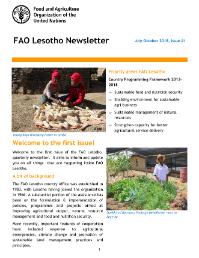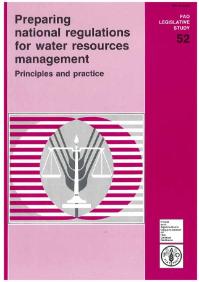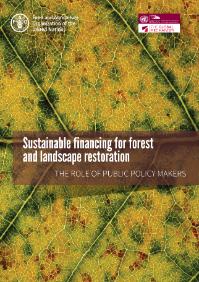Focal point
Location
The Food and Agriculture Organization of the United Nations leads international efforts to defeat hunger. Serving both developed and developing countries, FAO acts as a neutral forum where all nations meet as equals to negotiate agreements and debate policy. FAO is also a source of knowledge and information. We help developing countries and countries in transition modernize and improve agriculture, forestry and fisheries practices and ensure good nutrition for all. Since our founding in 1945, we have focused special attention on developing rural areas, home to 70 percent of the world's poor and hungry people.
Members:
Resources
Displaying 121 - 125 of 5074FAO Lesotho newsletter, July - October 2018, Issue#1
The five articles in these newsletter are a good reflection of what FAO does on a day to day basis in Lesotho. Our work spans from high policy and strategic level engagements to downstream initiatives with rural communities. The human interest stories shared in these articles show the importance of healthy natural resource base in improving and sustaining the livelihoods of the rural poor.
Legislation on water users, organizations
A robust regulatory framework for the corporate governance of water user's organizations is a fundamental ingredient of irrigation management transfer policies. The present publication offers a comparative analysis of the contemporary legislation of a wide variety of countries, providing the needed regulatory framework for water user's organizations to function and grow.
Preparing national regulations for water resources management (1994 Ed.)
This publication provides conceptual material for use in the preparation of national regulations for the management, development, use and protection of freshwater resources. The conceptual material is arranged according to the principal functions of water resources management, and it is complemented and illustrated by examples of original water management regulations. These have been drawn from a wide variety of mostly English-speaking countries.
Valuing Land Tenure Rights
The Food and Agriculture Organization of the United Nations (FAO) has developed a series of Technical Guides to elaborate and provide more detailed guidance on thematic areas contained within the Guidelines. As part of this series, this Technical Guide covers the issues associated with the identification and valuation of tenure rights for different purposes, and provides guidance on how to ensure that valuations are undertaken in a fair, reliable and transparent manner that comply with internati onal norms.
Sustainable financing for forest and landscape restoration - the role of public policy makers
Public policy makers from developed and developing countries, at all levels (national, regional, local), have the opportunity to take leadership as FLR financing champions. Even without controlling private capital, they can support resource mobilization in a number of ways This publication shares the experiences of some initiatives from around the world which public policy makers can learn from and adapt.











